Nirav Modi offered £1 million deposit, wear electronic tag for bail
By MYBRANDBOOK
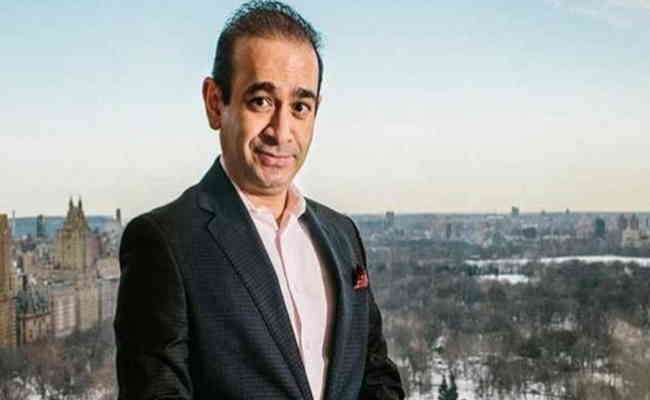
Fugitive diamond merchant Nirav Modi's legal team on Friday failed for his second attempt to get bail in his extradition case at Westminster Magistrates' Court, despite of an offering of furnish security deposit of £1 million and follow stringent conditions.
The court was told Modi could wear an electronic tag on the ankle, which operates on GPS technology enabling the police to track the wearer’s location, and also carry at all times a fully-charged and functioning mobile phone, besides surrendering visas to various countries he held.
However, chief judge Emma Arbuthnot rejected the team’s arguments and denied him bail until the next hearing on April 26, when he is due to appear in court via video-link. It was the second time his bail was rejected since his arrest on March 19 and denial of bail the next day.
Modi’s team led by barrister Clare Montgomery mentioned his client having a dog, and told the judge that he had the same right to bail as any UK national in a domestic case. Modi, she added, did not have a history of criminal conduct and neither did he have links with the underworld.
However, the judge ruled that given Modi’s weak ties to the UK, the serious nature of India’s allegations of fraud against him and high value of fraud, she accepted the prosecution’s arguments to deny bail, even though there are some ‘inconsistencies’ in the paperwork submitted.
Toby Cadman, barrister representing India, raised the prospect of Modi fleeing, influencing witnesses and destroying evidence in the high-profile case, as officials of the CBI, Enforcement Directorate and the Indian high commission followed the proceedings closely.
The hearing in the crowded courtroom began with some banter about a ‘sense of déjà vu’, since it is the same judge and the defence lawyer (Montgomery) who figured in the extradition trial of businessman Vijay Mallya; Arbuthnot ordered his extradition in December 2018.
The judge wondered if Modi might be lodged in the same cell as Mallya in the Arthur Road jail in Mumbai. There was much debate on conditions in the jail during the Mallya trial, which included video and photographic material of the space and amenities available inside.
As in the case of Mallya, who was granted bail immediately after his arrest on an extradition warrant in 2017, Montgomery said that Modi would guarantee to keep a mobile phone on him which was charged up and switched on at all times, submit to complete travel restrictions and also surrender all his residence permits, including for Hong Kong, Singapore and the UAE.
The defence team also attempted to counter additional CPS evidence, submitted on Friday morning by the joint Central Bureau of Investigation (CBI) and Enforcement Directorate (ED) team, that claimed Modi had made death threats to witnesses in the PNB fraud case, many of whom had been forced to leave India to hide away in Cairo, Egypt.
All of the witnesses who make varying claims have been in India since then and cooperating with the authorities, said Montgomery.


Legal Battle Over IT Act Intensifies Amid Musk’s India Plans
The outcome of the legal dispute between X Corp and the Indian government c...

Wipro inks 10-year deal with Phoenix Group's ReAssure UK worth
The agreement, executed through Wipro and its 100% subsidiary,...

Centre announces that DPDP Rules nearing Finalisation by April
The government seeks to refine the rules for robust data protection, ensuri...

Home Ministry cracks down on PoS agents in digital arrest scam
Digital arrest scams are a growing cybercrime where victims are coerced or ...

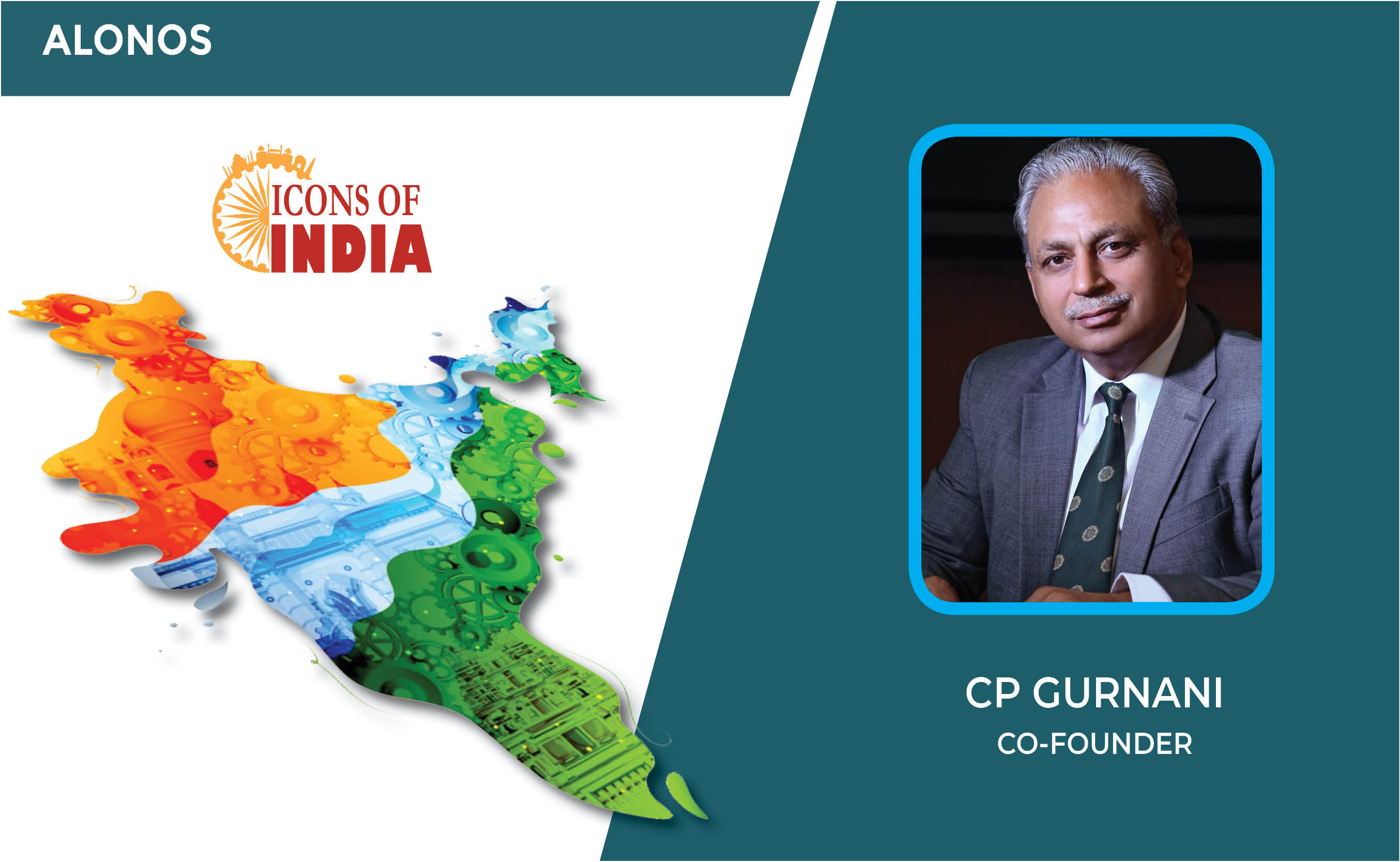
Icons Of India : CP Gurnani
Former Managing Director and CEO of the well-known IT service company ...

Icons Of India : RAJENDRA SINGH PAWAR
Rajendra Singh Pawar is the Executive Chairman and Co-Founder of NIIT ...

Icons Of India : GAUTAM ADANI CHAIRMAN ADANI GROUP
Gautam Adani is the Founder and Chairman of the Adani Group, which ran...

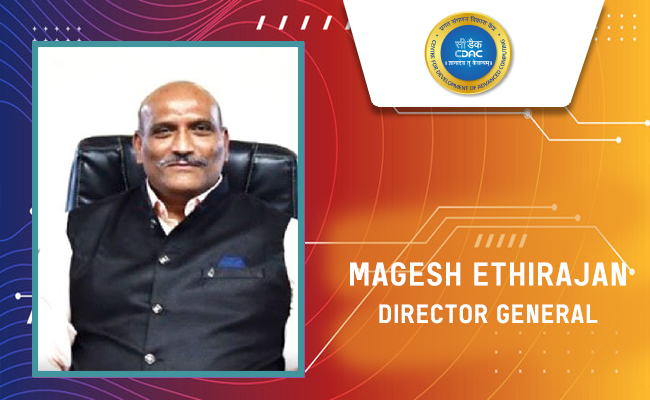
C-DAC - Centre for Development of Advanced Computing
C-DAC is uniquely positioned in the field of advanced computing...
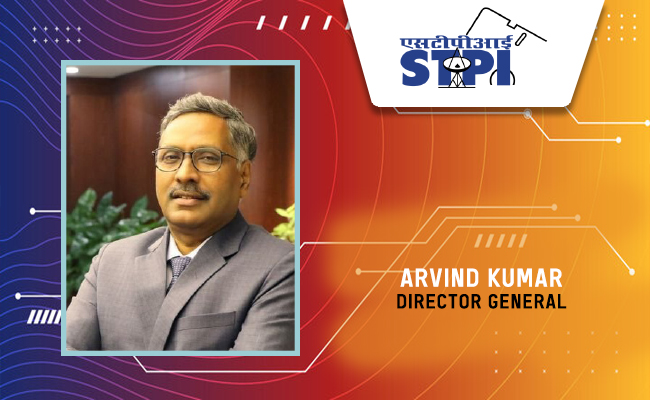
STPI - Software Technology Parks of India
STPI promotes and facilitates the growth of the IT and ITES industry i...
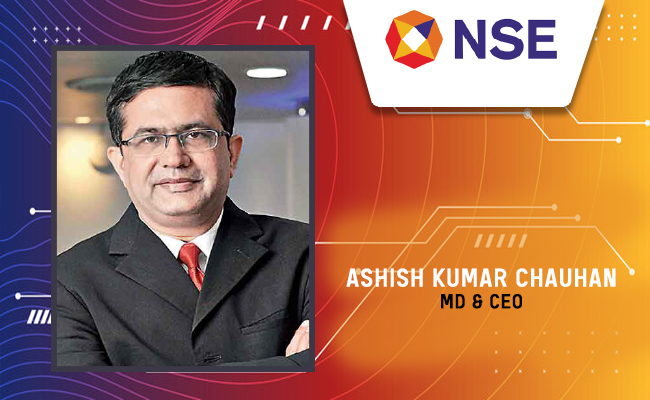
NSE - National Stock Exchange
NSE is the leading stock exchange in India....


Indian Tech Talent Excelling The Tech World - Soni Jiandani, Co-Founder- Pensando Systems
Soni Jiandani, Co-Founder of Pensando Systems, is a tech visionary ren...
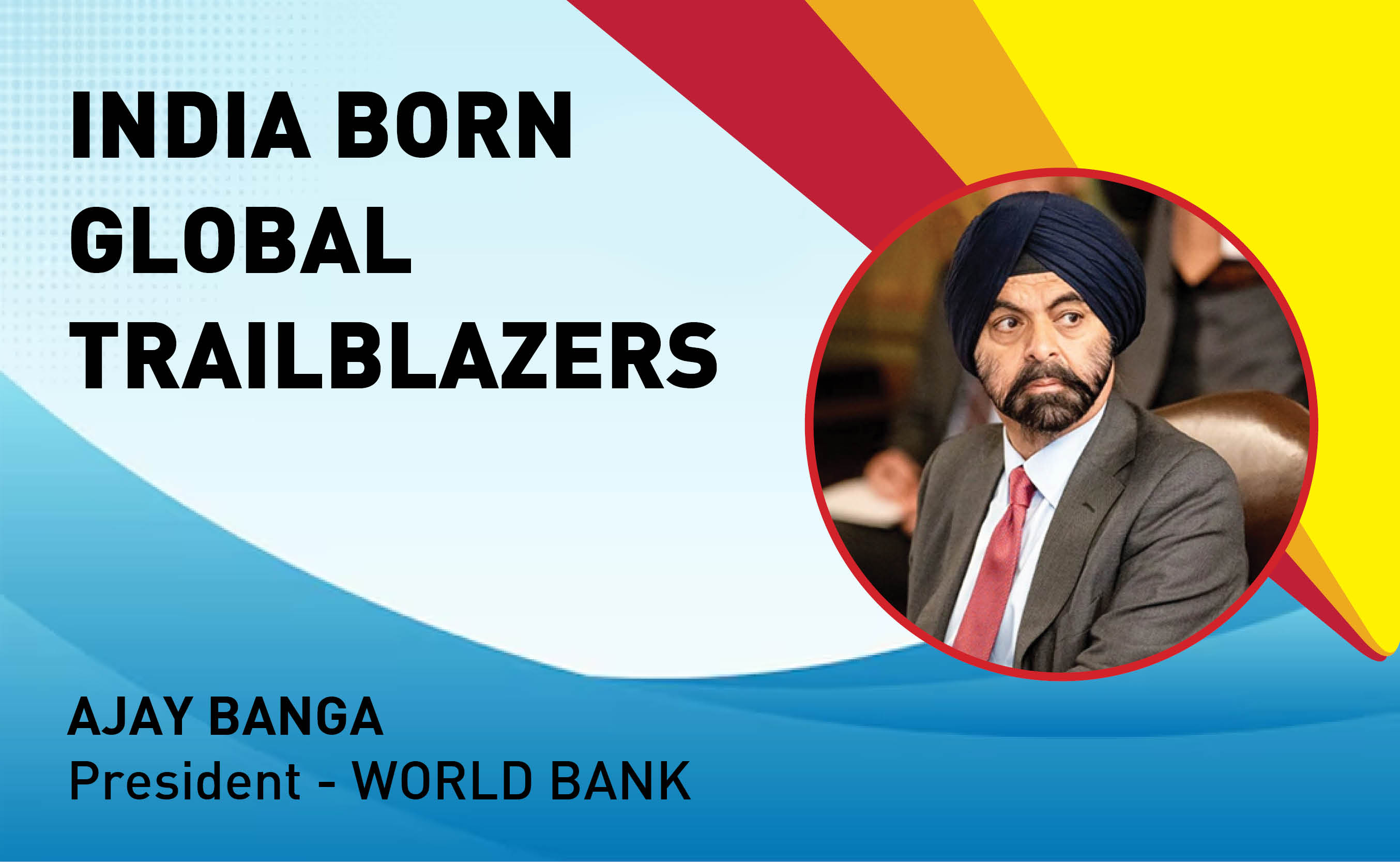
Indian Tech Talent Excelling The Tech World - AJAY BANGA, President - World Bank
Ajay Banga is an Indian-born American business executive who currently...
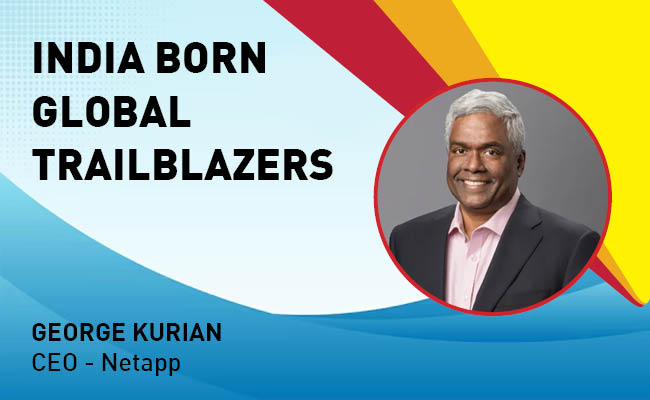
Indian Tech Talent Excelling The Tech World - George Kurian, CEO, Netapp
George Kurian, the CEO of global data storage and management services ...
 of images belongs to the respective copyright holders
of images belongs to the respective copyright holders